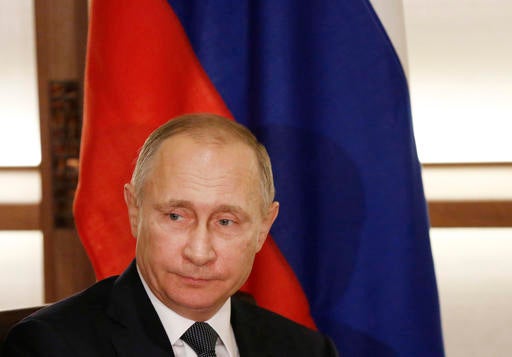
This article originally appeared on Fortune.
Russian hackers trying to compromise U.S. election systems struck targets in 39 states last year, according to a new report.
Targets included a database of as many as 90,000 voter records in Illinois, software used by poll workers, and at least one campaign finance database, Bloomberg reported on Tuesday, citing three sources who have direct knowledge of the investigation.
Investigators made the discoveries months before the election, leading the Obama Administration to contact Russian leadership using the so-called red phone, a secure communications link between the White House and Kremlin. The White House sent Russian leadership documentation of U.S. investigators’ findings and a warning that the attacks could escalate tensions between the two nations.
After being alerted, Russia leadership reportedly requested more information and said they would investigate the matter, but the attacks continued. The warning may have had the desired deterrent effect—there is currently no evidence that Russia altered any votes directly.
An unnamed U.S. official speaking to Bloomberg, however, said it was more likely that the hacking attempts simply didn’t yield sufficient access to tamper with the many different U.S. systems. The Obama administration believed that Russian operatives may have hoped to delete voter registration information or impede the vote tallying process, the report said.
The new information from Bloomberg substantially expands the scope of Russian cyberattacks detailed in a NSA document released by The Intercept news site last week. That document stated unequivocally that the source of the hacks was the GRU, Russia’s state cyberintelligence arm. The report described only one cyberattack against a voting software supplier—likely Florida-based VR Systems—and attempted phishing attacks against 122 local election officials. It was unknown if those targets were successfully compromised, the NSA document said.
According to Bloomberg’s sources, the Obama White House ultimately chose not to reveal the full scope of Russian activity to avoid undermining public confidence in the election.
